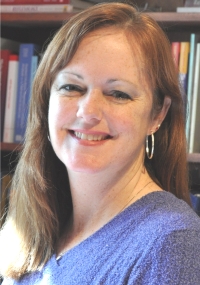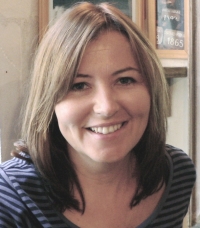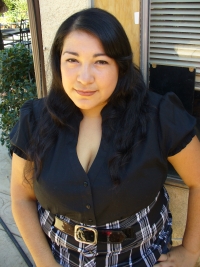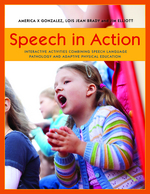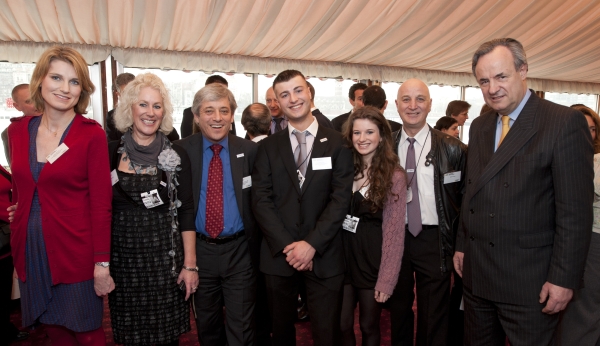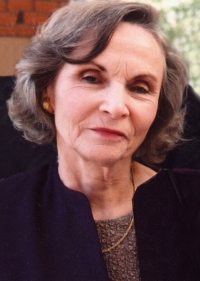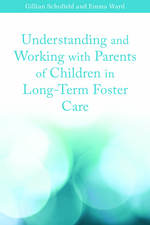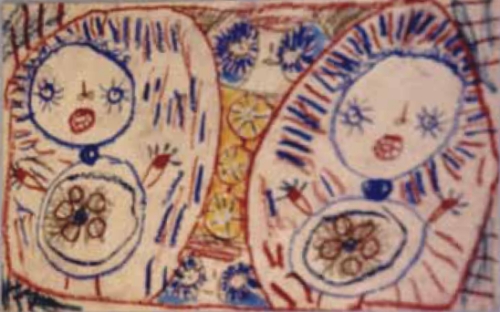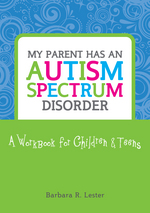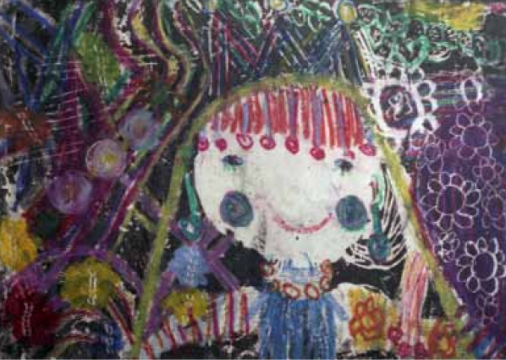Therapeutic Massage and Bodywork for Autism Spectrum Disorders – An Interview with Dr. Virginia Cowen
“A child who displays aversion to touch can be taught how to understand touch—essentially learning to differentiate between normal and painful sensations. I have found that a systematic approach to massage is very important for children with autism spectrum disorders. When they learn what to expect, they are better able to relax and receive massage.”
